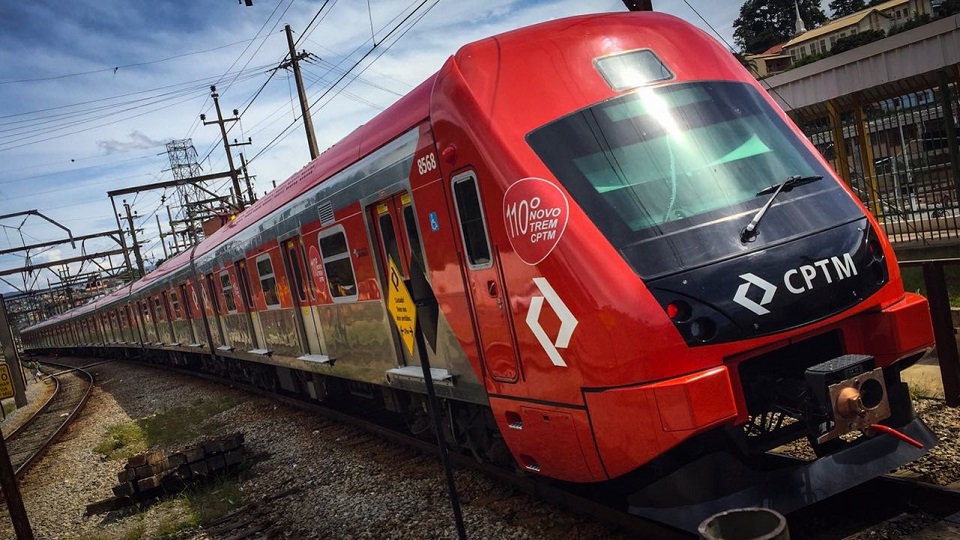58 results found
Featured results

More results




Early termination of a PPP contract can be an expensive process for all parties involved.


How can governments deliver quality infrastructure outcomes?
Contractual disagreements and disputes are common in PPPs during both construction and operational periods.
Public-private partnership (PPP) contracts are long-term and they may have a duration of 20 to 30 years or more. Today, where technologies and social priorities (such as views on climate change and sustainability) are changing at an accelerated pace, it perhaps comes as no surprise that changes to PPP contracts through renegotiations are common.

Transferring risk to the private sector in a PPP contract is frequently referred to as a key part of a PPP arrangement, as well as a key reason why governments use such an approach to procure infrastructure.


Private partner profit motives are frequently cited as a failure of the public-private partnership (PPP) approach. But those profit motives are also part of the fundamental make up of the PPP approach and why it has the potential to deliver better outcomes for the public.
By their very nature as long-term large infrastructure projects, public-private partnership (PPP) projects involve a vast array of interconnecting relationships. Core to any PPP project is the long-term contractual relationship between the government’s procuring authority and the private party (the project company). This is one of many relationships that will affect the success of a PPP.
Disputes in public-private partnerships (PPPs) globally involving key performance indicators (KPIs) represent 20 per cent of all disputes, as highlighted in our data using a representative sample of projects from around the world.
The purpose of this blog series is to highlight some of the interesting aspects of the PPP Contract Management Tool to facilitate discussion around those issues. PPP approaches and practices are constantly evolving, and it is important to debate interesting topics to develop better practices and help governments deliver higher quality PPP projects.
With a growing global focus on attracting private sector investment into infrastructure and utilising the public-private partnership (PPP) model, it is crucial that governments focus on the entire duration of a PPP contract. Efforts need to extend beyond ‘achieving financial close’ and beginning construction or ‘cutting the ribbon’ for commencement of services.

The Global Infrastructure Hub and Turner & Townsend Launch PPP Contract Management Tool. Effective management essential to unlocking value behind infrastructure PPPs.

The PPP Contract Management Tool provides practical guidance to government officials responsible for managing public-private partnership (PPP) contracts and concession contracts during construction and operations, based on extensive data and real-life case studies.


On 3-4 July 2018 the GI Hub gave a series of presentations at the International PPP Finance Summit, held in London.
The participants of the second Regional Roundtable on Infrastructure Governance held in Côte D’Ivoire last week reinforced the need for good governance across all stages of infrastructure delivery. The Regional Roundtable was the second of its kind, with the first held in South Africa in November 2017.
The PPP manual provides an overview of the procedures to be followed and approvals required for implementation of a PPP project.

Brazil has become the largest market for public-private partnerships (PPPs) in Latin America, having invested around USD $386 billion in infrastructure from 1990 to 2017
These guidelines, circulated by the MoF in November 2017, provide the necessary conditions to be satisfied by a PPP project in order to be included in the Project Management Database of the National PPP Integrated Information Platform.



 PPP Contract Management Tool
PPP Contract Management Tool














